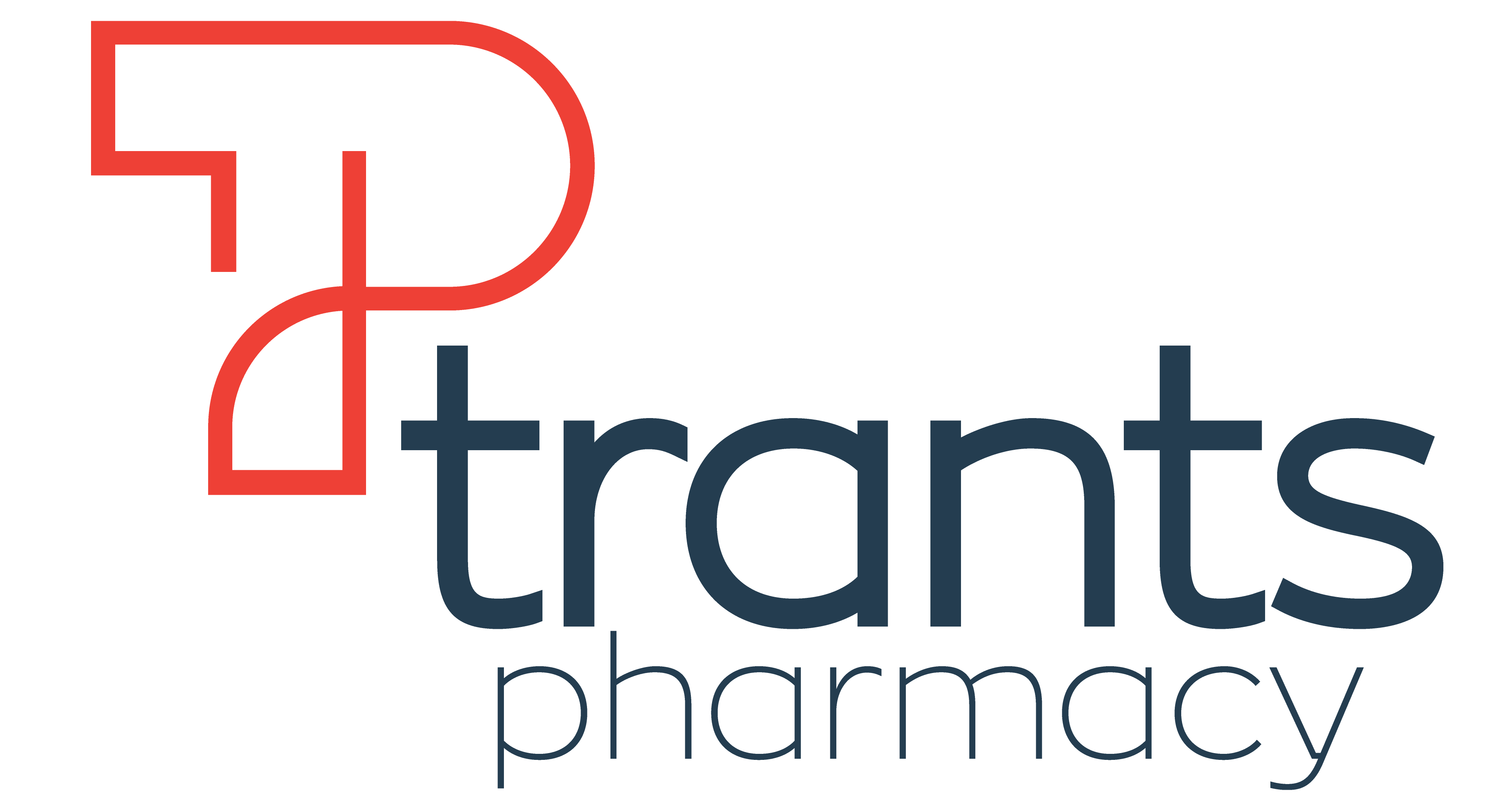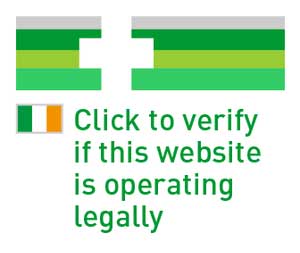What is a Generic Medication?
Did you know that there are savings to be made by requesting generic medication in the pharmacy? A generic medicine is a medicine that is similar to an original, brand name medicine. It has the same active ingredients as the original medicine, and is made to the same standard to make sure it is safe and effective.


